With natural attractions crippling under the weight of oppressive crowds, protestors taking to the streets of cities like Venice and Barcelona, and overcrowding becoming a matter of life and death on Mount Everest, it’s easy to think, maybe it’s time to stop travelling.
Sure, that would help alleviate the impact of overtourism, but it simply isn’t a realistic solution — and here at Days to Come, we know just how valuable, transformative, and life-altering travel can be. Tourism can — and should be — a force for good.
So how can we balance the benefits of travel with the disruptive and destructive effects of overtourism? Rather than buying into the anti-travel sentiment, we all need to make an effort to travel smarter — and to be infinitely more conscientious whenever we hit the road and head to a new destination.
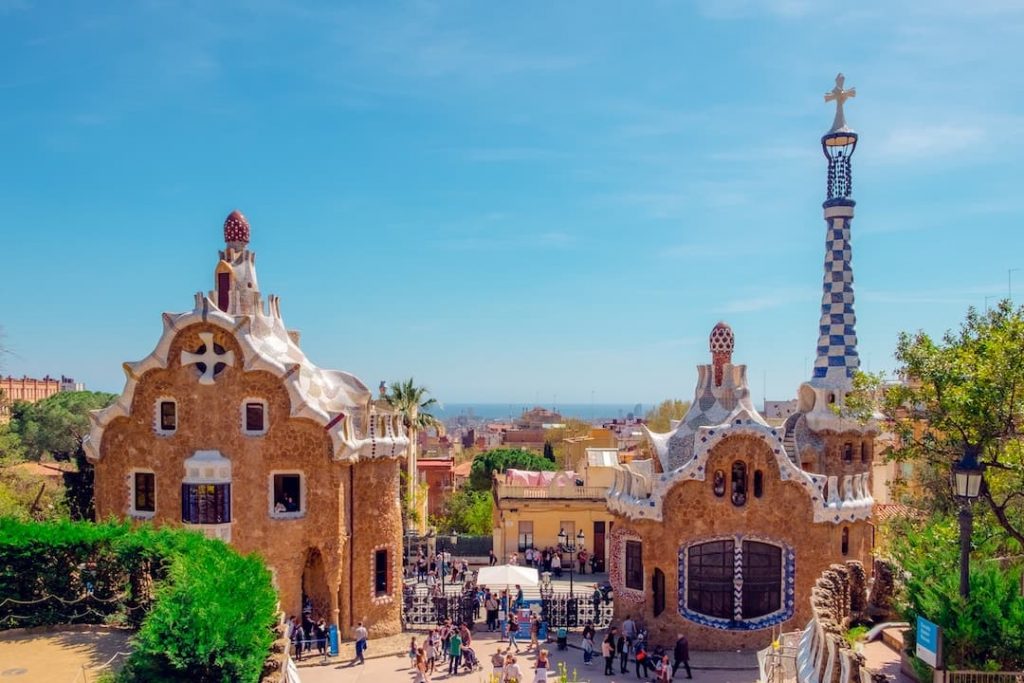
The good news is that many savvy travellers are already doing their part when it comes to combating overtourism, booking trips outside the high season and choosing lesser-known locales over social media darlings and tourism juggernauts.
Tour operators are stepping up to the plate, too — in fact, leading companies are paving the way for change in the industry, and they’re making it easier for travellers to mitigate the issues associated with overtourism while satisfying their wanderlust in the process.

How tour operators are tackling overtourism
Operators of all sorts — from industry innovators to smaller enterprises — have introduced a range of strategic approaches to address the issues of overtourism, whether it’s tweaking tour dates or adjusting itineraries to minimise the impact on popular places.
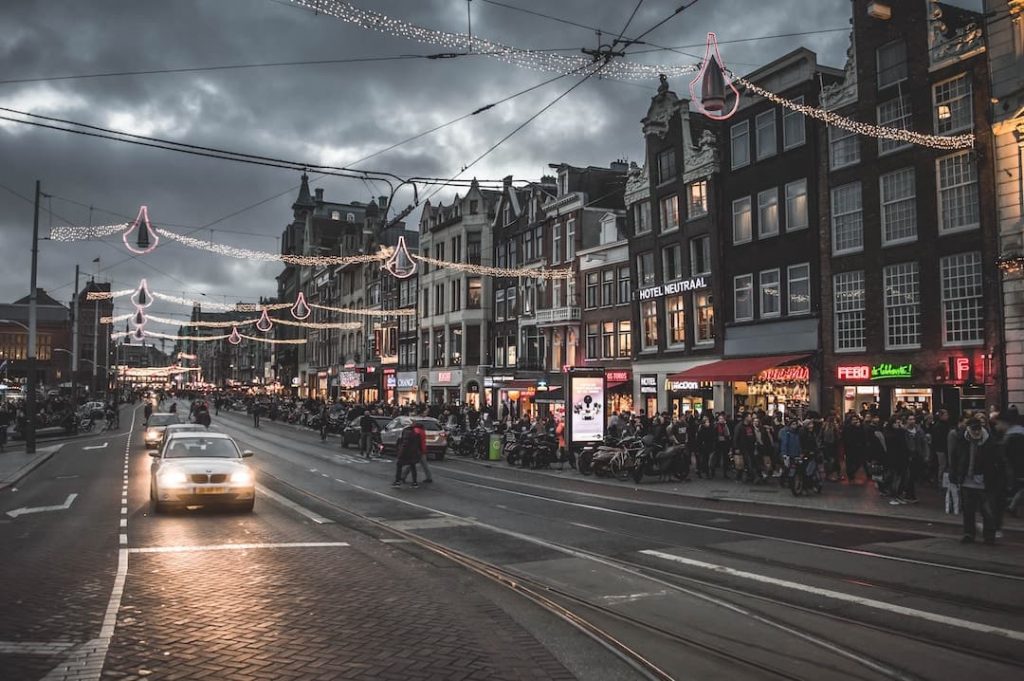
Promoting off-season travel
With the launch of their off-season Escapes, Globus is ramping up efforts to incentivise travellers to book trips during less popular times of the year. These tours journey through some of the most iconic cities on the planet — from Vienna to Prague and Marrakesh — during less crowded, off-peak periods.
Intrepid Travel is following suit as well: the company has put an emphasis on promoting trips to Europe between the off-season months of October and March, which helps to balance and better distribute the flow of traveller traffic.
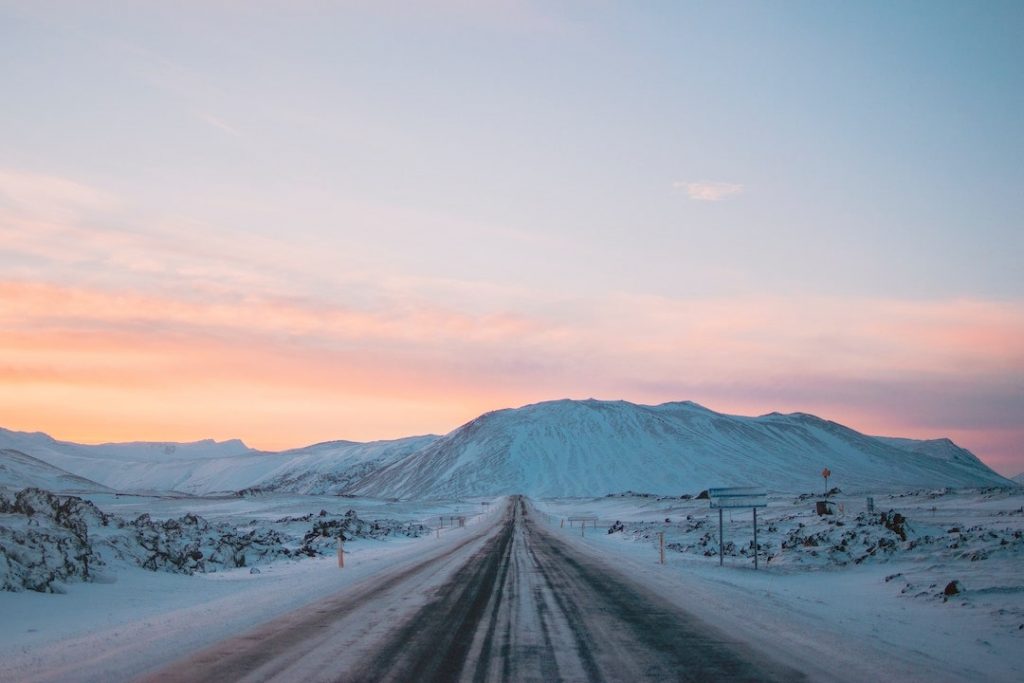
New trips in off-the-grid destinations
In addition to encouraging visitors to avoid high season travel, tour operators are launching trips in untouched regions and countries that are new to tourism.
Featuring a whole host of epic adventures in destinations like Kazakhstan, Djibouti, and Armenia, Intrepid Travel’s range of Expedition Trips are specially designed to take you way, way beyond the jam-packed tourist trail.
After launching their Undiscovered Tours in recent years, Globus continues to encourage people to forgo over-travelled hotspots in favour of little-known destinations. Their Undiscovered Greek Island Adventure, for example, skips over Santorini and swings through Paros and Naxos instead.
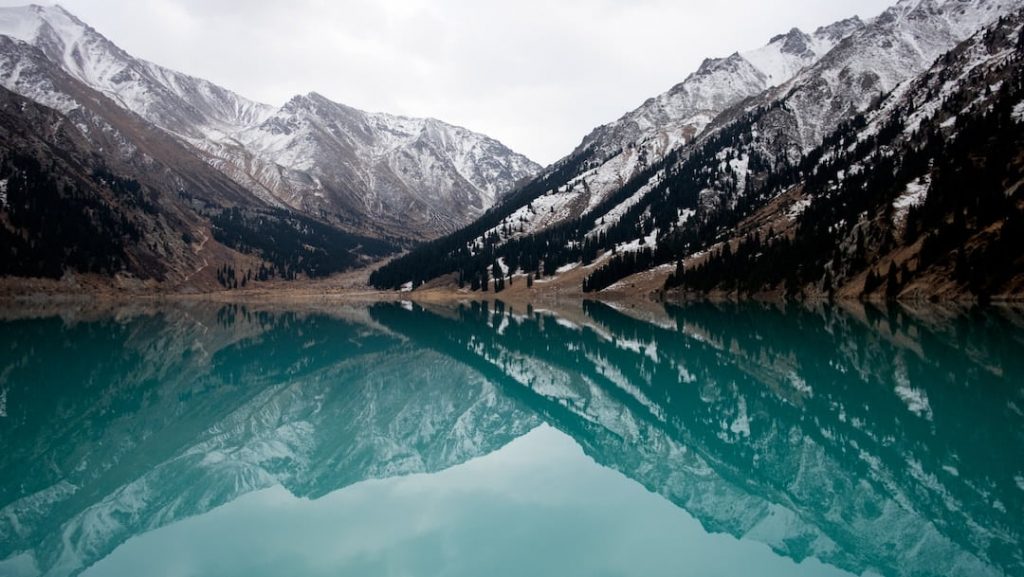
Going beyond the tourist trail in popular places
Even in a much-loved country like Italy, G Adventures offers several tours that take small groups of travellers to out-of-the-way areas that hardly any tourists see.
Their Local Living – Coastal Tuscany tour starts and ends in Rome, but the majority of the trip is based in Capalbio, a small medieval village located roughly 150 kilometres south of Florence.
In order to help curb the crowds at Peru’s most famous attraction — where visitor numbers have skyrocketed over the past few years — Exodus Travels invites visitors to follow the Moonstone Trek, an alternative and isolated route that bypasses the congested Inca Trail.
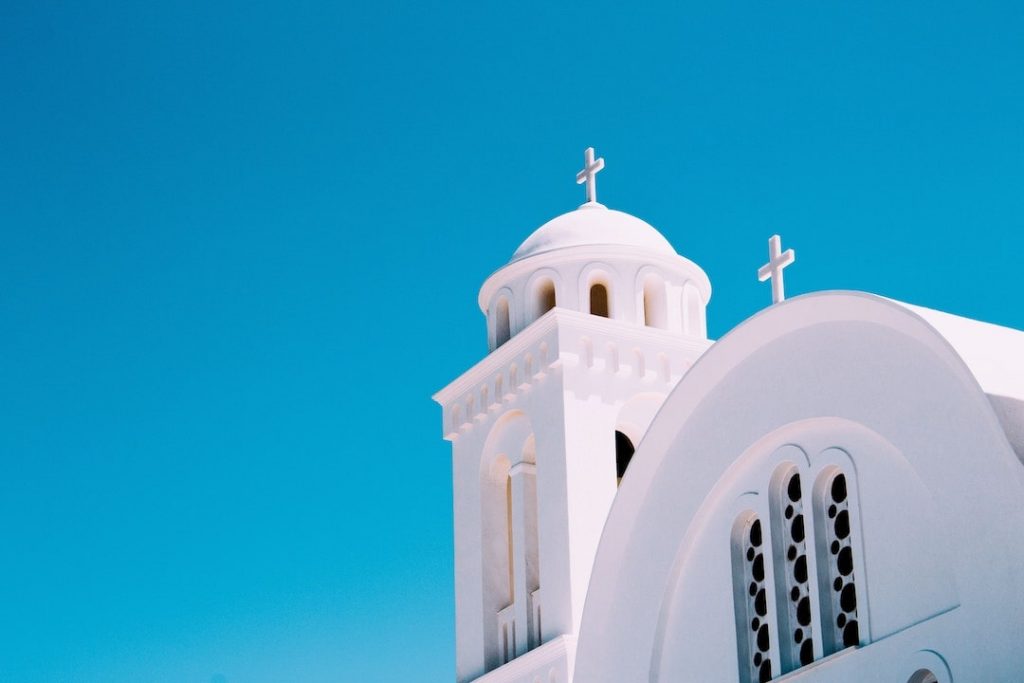
How you can help combat overtourism
As travellers, we’re part of the overtourism problem, but we can also be part of the solution.
If you want to avoid contributing to overtourism, start by making an effort to travel to up-and-coming or under-the-radar destinations — those destinations that want and need a tourism boost — instead of the crowded hotspots you continually see splashed across your Instagram feed.
And, if you’re planning to travel to a place that’s currently dealing with the ramifications of overtourism, consider booking your trip during the off-season to lessen the impact of your footprint. The same goes for sightseeing: when you’re mapping out your itinerary, try to include lesser-known regions, attractions, and neighbourhoods, too.
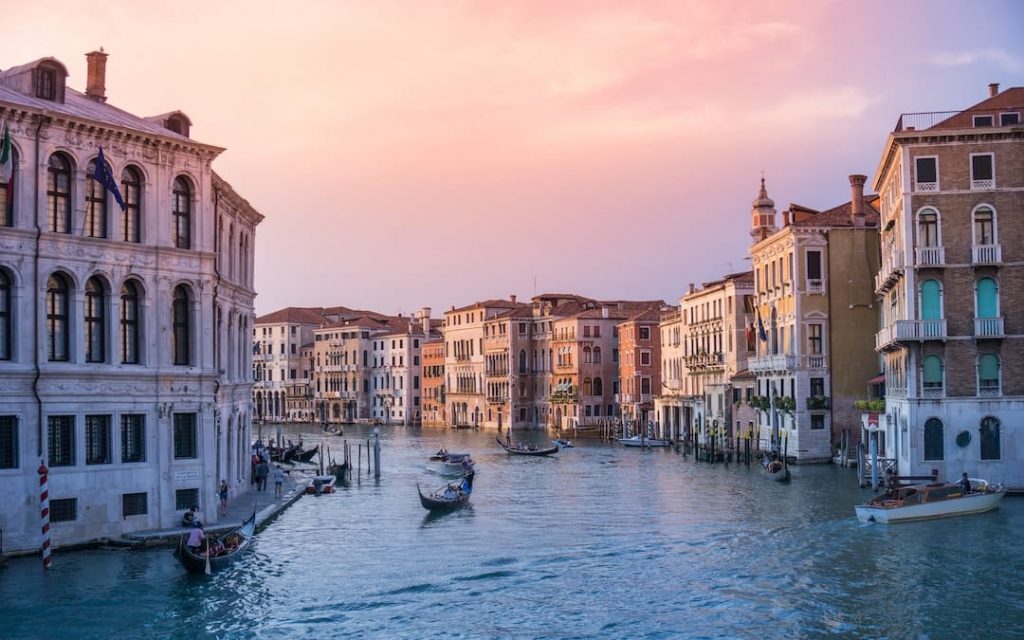
Another thing to consider is the reason why you’re choosing to travel somewhere. Is it that this destination genuinely interests you, or are you drawn to it because of its “Instagrammablility”? Are you looking to learn about a country’s culture and history, or are you feeling FOMO-induced pressure to replicate the same photos as everyone else?
For better or worse, the Instagram effect — the phenomenon of going somewhere for the ‘gram — is influencing the way we travel, and it’s definitely something to be mindful of.
Ultimately, travel is a transformative tool that allows us to experience new cultures in a way that not many other things can. However, we all need to remember that travel is a great privilege, and it’s one that comes with great responsibility — responsibility to protect wildlife, the environment, the welfare of local residents, and the destinations themselves.
Are you travelling to any off-the-beaten-track destinations this year? Share away in the comments below!


